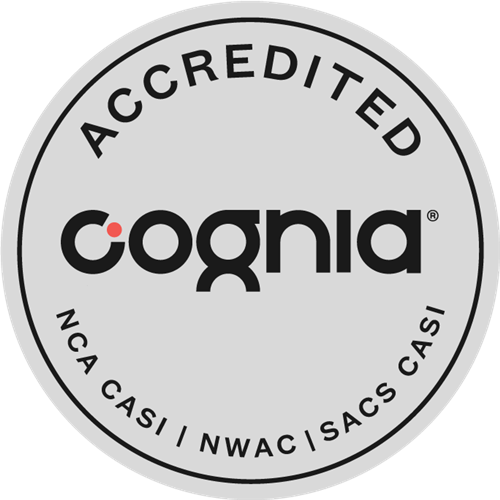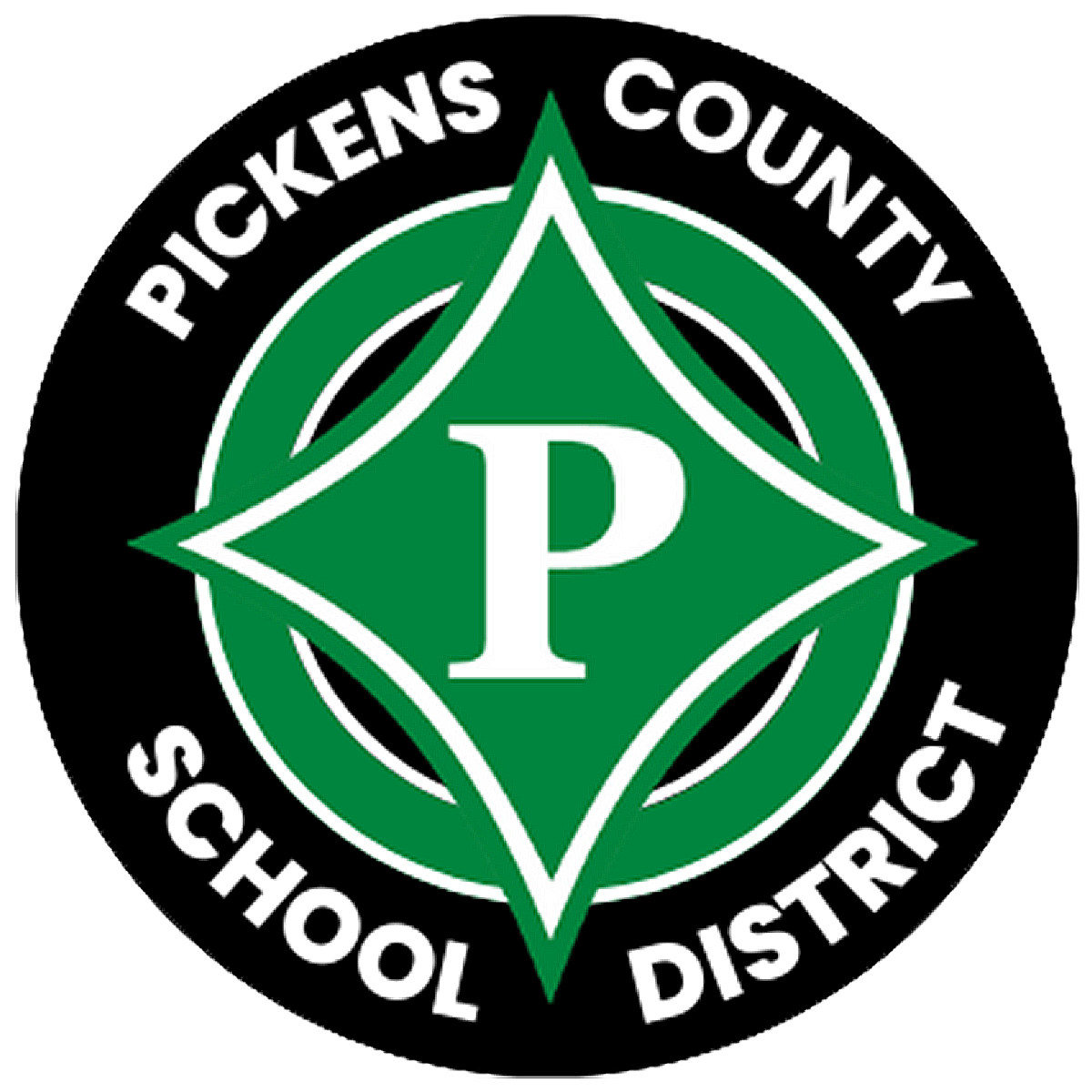
Early Literacy
Pickens County Schools is dedicated to not only meeting the requirements of literacy and dyslexia legislation, but also to providing all students with high-quality instruction that empowers them to thrive academically and in life.
You can read our Literacy Plan here.
Early Literacy Legislation
These legislative items outline all of the outline all of the requirements for the Georgia Early Literacy legislation.
Senate Bill 48 is commonly referred to as the Dyslexia Legislation, outlines the full implementation process and provides guidance for school systems to ensure effective literacy instruction is in place to support students who exhibit characteristics of dyslexia.
House Bill 538 known as the Georgia Early Literacy Act, establishes requirements for school systems to ensure high-quality early reading instruction. Key components include universal screening of all kindergarten through third grade students three times a year, implementing tiered intervention plans for students with significant reading challenges, training all educators in essential reading and foundational literacy skills, and providing students with high-quality instructional materials.
Senate Bill 211, known as the Georgia Council on Literacy Act, serves as a companion to House Bill 538. It establishes the Georgia Council on Literacy and requires local school systems to create and implement a comprehensive literacy plan.
Early Literacy Components
These legislative items outline all of the outline all of the requirements for the Georgia Early Literacy legislation.
Phonological Awareness & Phonemic Awareness
Phonological awareness is the ability to hear and play with the sounds in words—like clapping out syllables or recognizing rhyming words. It helps children understand that words are made up of smaller sound parts.
Phonemic awareness is a part of phonological awareness. It focuses on hearing and working with individual sounds (phonemes) in words. For example, recognizing that cat is made up of the sounds /k/, /a/, and /t/.
These skills are important building blocks for learning to read and write.
Activities to support these skills include:
Rhyming games – Read rhyming books or sing songs and have children identify or complete the rhymes.
Sound swapping – Change one sound in a word to make a new one (e.g., cat to hat).
Word riddles – Play with sounds to form fun puzzles (e.g., “snow without the ‘s’ is... ‘no’”).
Sound segmentation – Say a word and have students break it into its individual sounds (e.g., sand → /s/ /a/ /n/ /d/).
Phonics
Phonics is the ability to connect letters with their sounds—like knowing that “b” makes the /b/ sound and “s” makes the /s/ sound. This helps children sound out and read words like bat or sun, building confidence as readers.
Activities to build phonics skills:
Find and discuss word patterns in books or text.
Explore spelling rules using a pattern chart to notice how words work.
Make a shopping list together—have your child sound out and write items.
Sort household items or pictures by beginning sounds (e.g., dog, doll).
Sing phonics songs or rhymes that focus on letter sounds.
Fluency
Fluency is the ability to read smoothly, accurately, and with expression. Fluent readers don’t need to stop and sound out every word—they read at a natural pace and understand what they’re reading. Fluency also includes using punctuation to guide voice and pauses.
Ways to build fluency:
Take turns reading aloud with your child.
Model fluent reading with proper speed and expression.
Use different voices for characters and follow punctuation cues.
Set a regular daily reading time to build consistency.
Highlight key words or phrases for your child to practice reading smoothly.
Vocabulary
Vocabulary is the collection of words a person knows and uses. A strong vocabulary helps students read, write, speak, and understand more effectively—both in school and everyday life.
Ways to build vocabulary:
Read a wide range of books, including fiction and nonfiction.
Use rich, descriptive words in everyday conversations.
Learn a new word together each week as a fun family challenge.
Talk about unfamiliar words while reading and explore their meanings.
Play games that spark conversation and build language skills.
Interpreting Text
Interpreting Text is the ability to understand and make meaning from what we read or hear. It involves following the story or information and being able to explain or discuss it.
Ways to support comprehension:
Pause during fiction reading to ask your child what they imagine.
In nonfiction reading, ask which facts are new or familiar.
Constructing Text
Constructing text means putting ideas into clear, organized writing. It helps students express thoughts through stories, explanations, or answers that others can understand.
Ways to build writing skills:
Encourage regular talking and writing.
Keep a daily journal about thoughts or experiences.
Write stories about trips or special events.
Create a family journal or take turns writing a story together.
Write letters to family, friends, or fictional characters.
How is PCSD supporting early literacy?
Instructional Materials
To ensure high-quality, standards-aligned teaching and learning, Pickens County Schools has adopted Benchmark Advance for our K-5 students.
Screening
Pickens County Schools will screen K-5 students using the mClass Dibels 8 screener:
Beginning of Year: August 1st-15th
Middle of Year: December 1st - 19th
End of Year: April 20th-May 15th
The results of this screening inform teachers of which students may require additional support and/or intervention.
During middle of the year screener, K-3 students who are at risk will be administered two additional literacy tasks as part of the annual Dyslexia Risk Screener:
Rapid Automized Naming (RAN) task, and
MAZE (comprehension based) task
The results of the Dyslexia Risk Screener inform which students may require further systematic, targeted intervention.
Intervention
Students identified through screening process as needing intervention will receive increasingly targeted and intensive support alongside their core instruction. Progress will be closely monitored to ensure effectiveness. If a student is found to be at risk for or shows characteristics of dyslexia, they will receive direct, explicit instruction aligned with the Georgia Department of Education’s Dyslexia Informational Handbook. Intervention programs may include, but are not limited to:
Heggerty
UFLI
Kilpatrick
Teacher Preparation & Professional Learning
All PCSD teachers in grades K-3 have participated in a state-approved Literacy Professional Learning experience. Approved professional learning options include:
Dyslexia or Reading Endorsement,
Georgia Learns/Cox Campus Course,
IDA-Approved Dyslexia Course, or
Other State-Approved Program completed outside of PCSD
New K-3 teachers to PCSD in the ’25-’26 school year, will be required to enroll in or complete this training.
Parent Communication
Parents will be provided:
Results from Universal Screening three times per year
Intervention plans and progress
Notification of Participation in SST Meeting, if needed
Supports when Characteristics of Dyslexia are suspected
Resources to support literacy at home
Information on Dyslexia
Dyslexia is a neurobiological learning disability that affects accurate and fluent word recognition, spelling, and decoding. It stems from difficulties in processing the sounds of language, often unexpected given a student’s other abilities and effective instruction. It can also impact reading comprehension and limit vocabulary and background knowledge growth. * Definition from the International Dyslexia Association (IDA)
Georgia Department of Education Dyslexia Resources
The Georgia Department of Education is dedicated to providing services and supports that educators need to serve students.
Supports for Students with Dyslexia
Some students with characteristics of dyslexia may require more individualized instruction. In some cases, special education services may be appropriate. When this occurs, dyslexia is identified as a Specific Learning Disability (SLD), and an evaluation for special education eligibility is conducted.
What Can I Do at Home to Support Early Literacy?
Georgia Department of Education Parent Resources
For resources on supporting your child's early literacy development shared please use the links below from the Georgia Department of Education:
